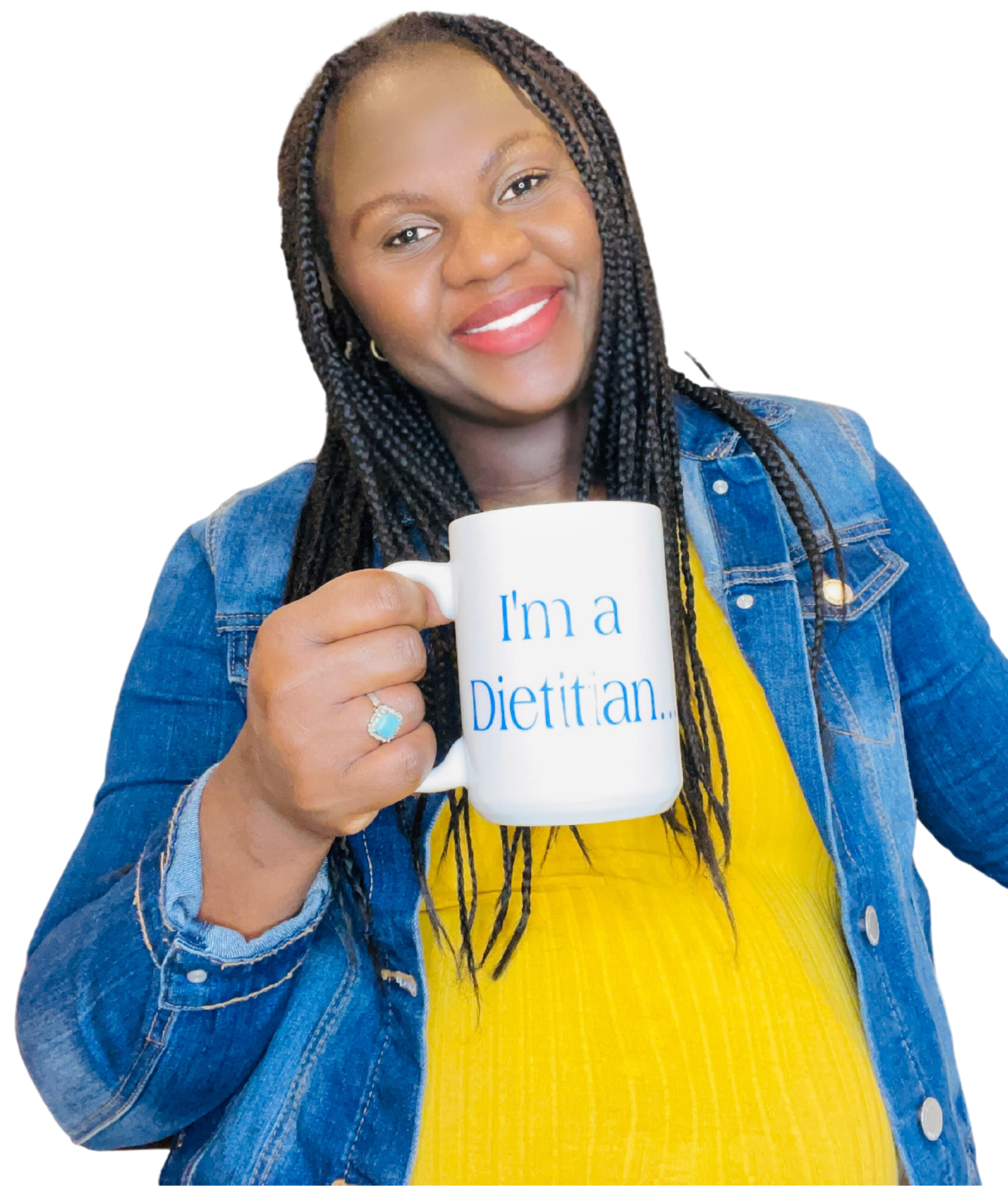Using Coenzyme Q10 (CoQ10) for egg quality has recently gained popularity as a supplement for couples having trouble getting pregnant. You may already be aware of the potential benefits of CoQ10 for egg quality and fertility if you’re working with a fertility specialist. But maybe you still have questions like how much coq10 should I take? or what type is best?
This article will discuss what CoQ10 is, how it might help fertility and egg quality, review various studies on CoQ10 and fertility, and discuss which CoQ10 is best.
So, what is CoQ10 and why is it important for people trying to conceive?
CoQ10 is an antioxidant made naturally in the body and is essential for the mitochondria’s ability to make energy. Coq10 also contributes to the transfer of energy within the cells. (1)
This is important for women who are trying to conceive because the Oocyte also referred to as the egg cell is the largest cell in the body. This means that the development of an egg cell requires more energy than other cells in the body including sperm cells. Since egg cells are the largest cells in the body, it also means that they contain more mitochondria.
Mitochondria are known as the “powerhouses of the cell” or the cells’ batteries because their main role is to make energy for the cells. We get our mitochondria DNA usually from our moms because the mitochondria from the sperm are almost always destroyed after fertilizing the egg. This is why working on egg quality preconception is so crucial!
Since Coq10 acts as an antioxidant, it defends cells from oxidative stress or damage due to an imbalance between the level of antioxidants in the body and the number of free radicals. (1,2) Oxidative stress can also prevent normal cell function which is a root cause of many chronic health conditions including fertility issues. (3)
Production of CoQ10 declines as people get older, both in men and women. The first 20 years of life are when CoQ10 levels are at their maximum, and after that, they start to decrease.
But don’t worry, you can also get CoQ10 through supplements or main food sources such as organ meats (liver, heart, and kidney), fatty fish (salmon, sardines), pork, chicken, nuts ( pistachios), soybeans, and canola oil. We can also get very minimal amounts from dairy products, cereals, and some fruits and vegetables.
Can CoQ10 improve egg quality?
Coq10 may improve egg quality by protecting eggs from oxidative damage, and may even reverse the decline in egg quantity that’s often observed with age. This is because CoQ10 production naturally slows down with age, and the body can protect the eggs from oxidative damage with fewer antioxidants around. (4)
Coq10 is not just beneficial for women over 35 years old. A study of women younger than 35 years old with poor ovarian reserve who took Coq10 supplements for 60 days before going through IVF found that those who took Coq10 had a higher number of eggs collected, higher fertilization rates, higher quality embryos, and their embryos developed better (5)
In addition, the women the younger women in the study above were also able to freeze more embryos compared to the women who did not take Coq10 before going through the IVF treatment. The clinical pregnancy and live birth rates per embryo transfer and per one complete stimulation cycle tended to be higher in the CoQ10 group but did not achieve statistical significance.
Similar to female eggs, male sperm is vulnerable to oxidative damage, which can lead to low sperm counts, poor sperm quality, and infertility. (6) CoQ10 supplementation may boost antioxidant defense and enhance sperm quality, activity, and concentration. (7)
How long does it take CoQ10 to improve egg quality?
It may take Coq10 2-3 months to improve egg quality. However, eggs take 3-4 months to mature before ovulation so for best results fertility specialists recommend taking CoQ10 and other fertility supplements for 90+ days if possible. The good news is that CoQ10 is improving your body’s overall health, not just the health of your eggs!
How much CoQ10 should I take daily for fertility and egg quality?
Note that CoQ10 is fat soluble, and you should take it with a meal containing fat for your body to absorb it.
Once you begin taking CoQ10, you should continue doing so until you become pregnant, at which point you should either cut the dosage or stop using it altogether.
As with any supplements, be sure to consult with your doctor before taking them, especially if you are taking medications or have health concerns.
Which CoQ10 is best for egg quality and female fertility?
According to Healthline, the best CoQ10 supplement for egg quality and female fertility is the Raw Coq10 supplement by Garden of Life. (9)
Fertility and egg-quality studies have been using the Ubiquinone form of CoQ10. Ubiquinol is easier to absorb, however, Ubiquinol supplements are more expensive and tend to have shorter expiry dates.
Bottom Line
CoQ10 is probably the best-known supplement for helping with fertility and for a good reason. Studies have shown that CoQ10 may boost both male and female fertility. If you’re having trouble getting pregnant, CoQ10 might be worth a shot. As always, talk to your healthcare provider before starting any supplements.



